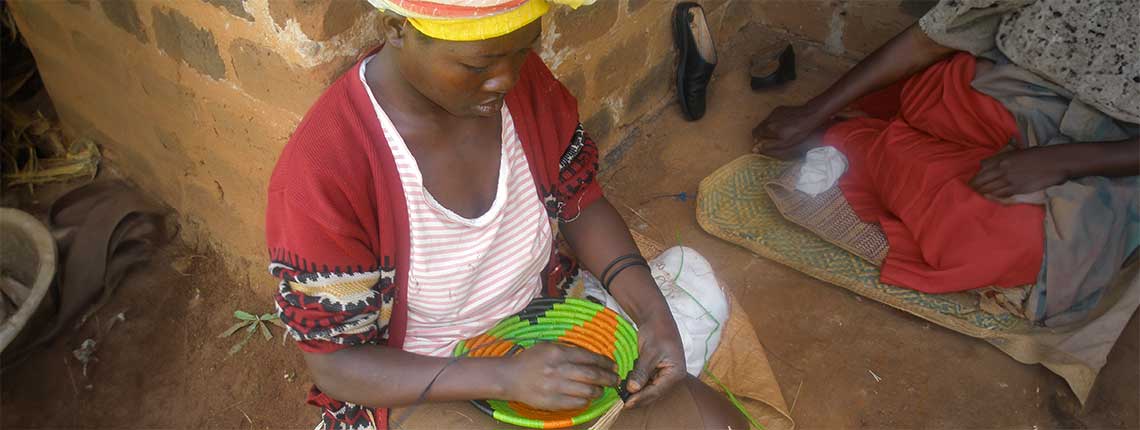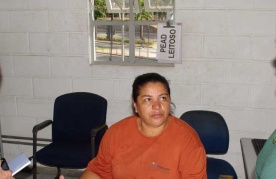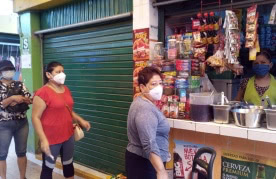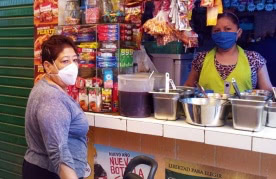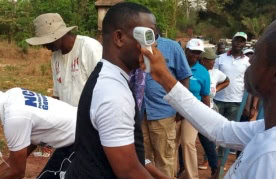By
Edwin Bett, WIEGO
African home-based workers are at the bottom of craft supply chains. Through an increased understanding of those supply chains they could overcome some of the challenges they are facing and improve their livelihoods.
Recent Posts
By
Cyrus Afshar, Annie Devenish
With formal workers buffered to some extent by the protection provided through their formalized work relations, and the poorest of the poor able to cling to their pre-existing lifeline of governmental social assistance, it was the ‘missing middle’, often uncovered by any protection programmes, that governments had to scramble to reach. Many of the ‘missing middle’ are informal economy workers. As a result, the crisis has brought the needs of informal workers to the fore, making them visible in a way they had not been before.
By
Sarah Orleans Reed, Ana Carolina Ogando
No hay indicadores económicos más importantes o reveladores que las palabras de lxs trabajadorxs. Actualmente, las voces de lxs trabajadorxs de la economía informal, que representan el 60% de lxs trabajadorxs en el mundo, nos ayudan a comprender las dificultades, la injusticia y la posibilidad de transformación dentro de nuestro sistema económico, puesto al descubierto por la COVID-19. Desde WIEGO, junto a nuestros socios, lxs escuchamos atentamente a través de nuestro estudio: La Crisis de COVID-19 y la Economía Informal.
By
Sarah Orleans Reed, Ana Carolina Ogando
Il n’y a pas d’indicateurs économiques aussi importants ou révélateurs que les mots des travailleuse·eur·s. Aujourd’hui, les voix des travailleuse·eur·s de l’économie informelle, qui représentent 60 % de l’emploi mondial, nous aident à surmonter les difficultés, l’injustice et les possibilités de transformation au sein de notre système économique, mises à nu par COVID-19. WIEGO et nos partenaires, nous sommes à l’écoute des travailleuse·eur·s de l’économie informelle à long terme dans le cadre de notre étude : La crise de la COVID-19 et l'économie informelle.
By
Sarah Orleans Reed, Ana Carolina Ogando
There are no economic indicators so important or revealing as the words of workers. Today, the voices of informal economy workers, who constitute 60 per cent of the world’s workforce, are helping us unpack the hardship, injustice, and possibility for transformation within our economic system, laid bare by COVID-19. WIEGO and our partners are listening long and hard to informal economy workers through our study: COVID-19 Crisis and the Informal Economy.
By
Yola Verbruggen
Cuando comenzó la pandemia de la COVID-19, Vandi Lansana sabía qué era lo que debía hacer. Como vicepresidente del Sindicato de Comerciantes de Sierra Leona a nivel nacional, ya había tenido que lidiar anteriormente con una enfermedad peligrosa, con un alto nivel de contagio: el Ébola.

